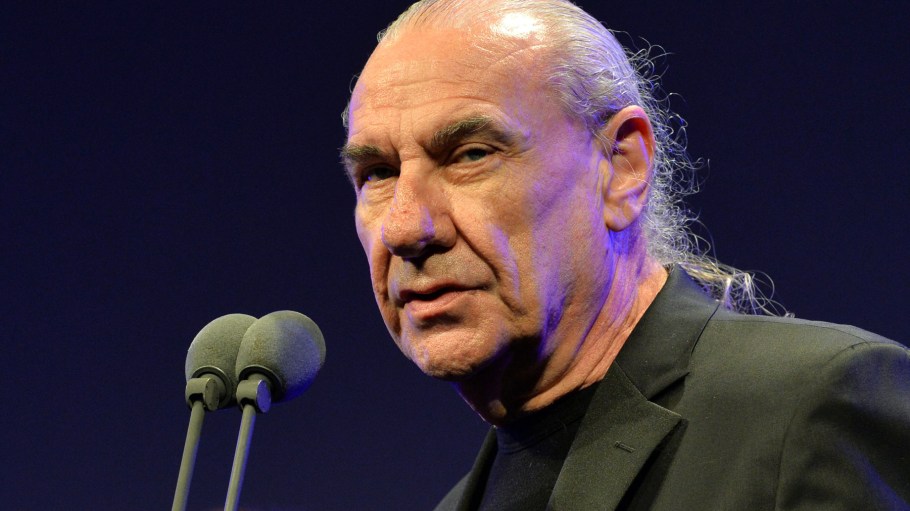BREAKING: Black Sabbath Drummer Bill Ward No …read more.
For Black Sabbath fans, Bill Ward isn’t just a drummer he’s the man who laid the rhythmic foundation of heavy metal itself. His jazz-influenced swing, thunderous power, and unmistakable feel have been part of the band’s DNA since the very beginning. And in a recent conversation, the 77-year-old music legend made it clear: in his mind, no one could ever truly take his place.
“It’s not just about keeping the beat,” Ward said, speaking with both humility and conviction. “It’s about being there from the first note, living the whole journey with the guys. You can teach someone my parts, but you can’t teach them what it was like to create them. You can’t replace lived history.”
Ward’s comments come from a lifetime of experience. He was there in Birmingham, England in 1968 when he, Tony Iommi, Geezer Butler, and Ozzy Osbourne formed what would become Black Sabbath. From the ominous opening of “Black Sabbath” to the relentless groove of “War Pigs” and the high-octane charge of “Paranoid,” Ward’s drumming shaped the sound of an entire genre.
But his road hasn’t been without challenges. Over the years, Ward has faced serious health issues, including heart problems, and has sometimes had to step away from the band’s touring commitments. Still, his influence and connection to the music remain undeniable.
“The music we made wasn’t just riffs and beats it was our lives,” Ward explained. “Every note was born out of where we came from, the struggles we faced, and the bond we shared. You can get a fantastic drummer to play the songs, but they won’t have been there in that room in 1969 when we found that sound. That’s what makes it irreplaceable.”
Fans have echoed his sentiment for years, often pointing out that while other drummers have stepped in for Sabbath tours, Ward’s feel is unique. One fan wrote on social media, “Bill’s groove is the soul of Sabbath. Without him, it’s just not the same.” Another said, “Anyone can play ‘Iron Man,’ but only Bill can make it swing like that.”
Ward’s style has always stood out because of its subtle complexity. While Sabbath’s riffs were heavy and ominous, Ward’s drumming often danced around them with surprising lightness and musicality. That combination of heaviness and swing is a big reason Black Sabbath sounded so unlike any other band in the early ’70s.
Tony Iommi himself has acknowledged Ward’s unique role in shaping their sound. “Bill’s drumming gave the songs a personality,” Iommi has said in past interviews. “It wasn’t just following the guitar it was having a conversation with it. That’s hard to replicate.”
When asked about whether he thinks about retirement, Ward was reflective. “I’ve slowed down, but music is still in me,” he said. “If I can sit behind the kit and give everything I have, I will. But when I stop, I’d rather people remember me for what I gave than watch someone try to ‘be Bill Ward.’”
Today, even though he’s not actively touring with Black Sabbath, Ward continues to work on his own music and connect with fans. His legacy isn’t just in the albums he recorded, but in the countless drummers who cite him as an influence from metal giants to punk rockers to jazz players who recognize the sophistication in his playing.
And if his words are anything to go by, one truth remains: the heartbeat of Black Sabbath will always carry Bill Ward’s unmistakable rhythm.



